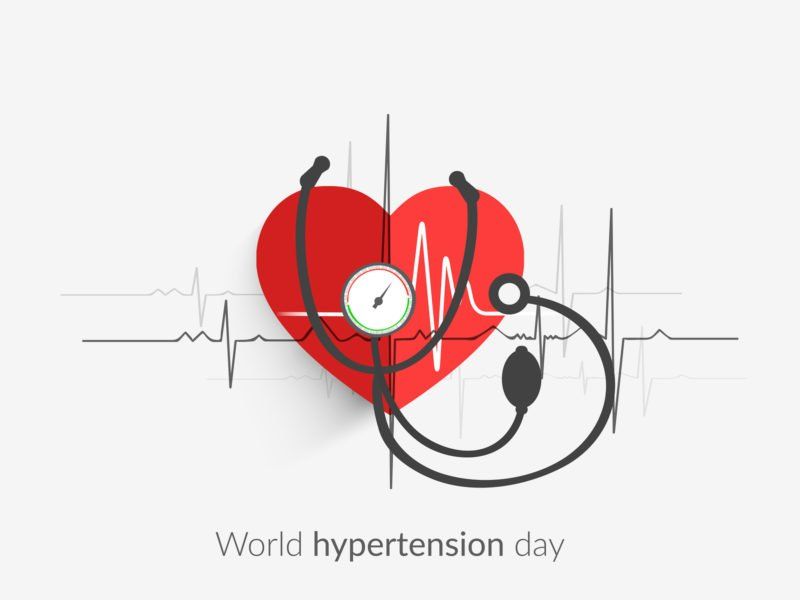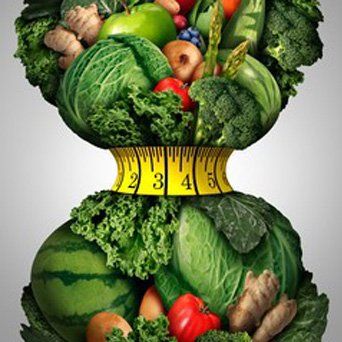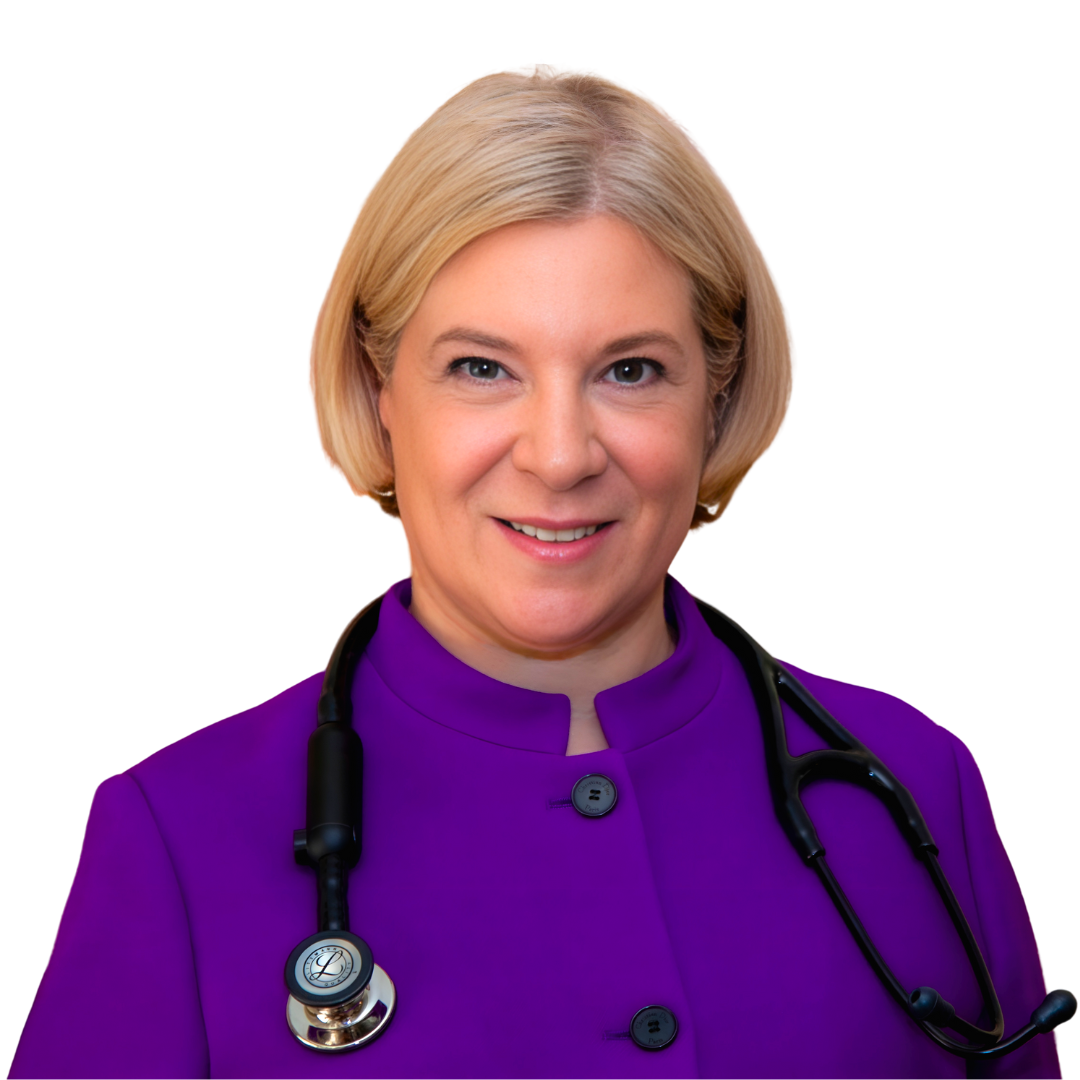Health Tips

Whether you gathered with your besties for Galentine’s or Palentine’s Day on February 13, or are canoodling with your main squeeze on February 14 for Valentine’s Day, the rituals of celebrating love fills our hearts with warmth. And that warmth—which signals the release of the neurotransmitter oxytocin—is actually good for our hearts. It relaxes blood vessels and reduces blood pressure.

Did you recently hear on the news that your previously “normal” blood pressure is now considered “high” and recommended new medical interventions? If so, you may want to hold off until you discuss this with your physician further, says a new report in JAMA Internal Medicine.
According to the University of Sydney and Bond University, getting more aggressive with your treatment could have unintended consequences. By lowering the threshold for drug treatment of adults considered at risk of extreme high blood pressure from 140/80 mmHg to 130/80, patients are at greater risk for medication side effects and feelings of anxiety and depression due to worry about the diagnosis. There’s also the concern that if there’s a switch in health insurance you could suddenly find yourself with a pre-existing condition.

The common wisdom when it comes to exercise is that it must be sustained for at least 30 minutes to get any sort of value. Far too frequently in my practice I hear patients say, “I just don’t have the time to dedicate to an exercise routine.” But, as I’ve been saying for years, every little bit helps—and now there’s a major study that confirms this in the Journal of the American Heart Association.
Gretchen Reynolds in The New York Times wrote about how the 2008 federal exercise guidelines recommending 30 minutes of sustained activity five times a week to reduce the risk of disease or premature death didn’t support the advantages of multiple, smaller bursts of activity because they didn’t seem to improve endurance. However, the new study shows that moving does have a direct effect on longevity. In other words, the more you move, the more you cut your mortality risk.

There are many reasons that I favor a healthy breakfast, including:
Studies show an association between skipping breakfast and obesity, thought to be linked to impulsive snacking during the day to slake hunger pains.
Eating breakfast is the first step to planning a healthier lifestyle and making better choices.
Eating more food earlier in the day when you’re most active is an excellent way to control weight. The old adage: eat breakfast like a king, lunch like a prince and dinner like a pauper, still has merit.
Studies show that regularly eating a healthy breakfast helps schoolchildren do better on tests.

Stop me if you heard this one: You hit the gym with great motivation after New Year’s, determined to work off all the Christmas cookies, ham, latkes, pot roast, eggnog and cocktails. You signed up for yoga, cut out sugar, bought a lot of kale and started drinking eight glasses of water a day.
Now, two weeks in your willpower is waning. The kale is lying limp in your vegetable drawer. You’re craving hot cocoa and pasta. And it’s so cold outside and so dark when the alarm goes off at 6 a.m. all you want to do is stay curled up in bed watching Netflix and eating comfort food.

I was recently on The Doctors to set the record straight about what too much salt does to our bodies. Studies show that high-salt diets are responsible for 57,000 deaths per year and I have patients who wouldn’t survive such a diet. Anyone who is sodium-sensitive, has salt-reactive high blood pressure, diabetes or heart disease needs to limit their salt intake. The same goes for people with a family history of hypertension, which is found in many African-American families. Also, some people become more sodium sensitive as they age and there’s no way to know who these people are before they develop high blood pressure. The easiest preventive? Cut back on salt, especially salt in processed foods. Too much sodium can increase your risk of stroke, heart failure, osteoporosis, stomach cancer and kidney disease.

Blood pressure control is generally achieved by a combination of exercise and a heart healthy diet. For most people, The DASH diet is among the most effective diets to keep blood pressure under control. Those veggies are also good for the waistline! More generally, diet in combination with physical activity, weight loss, lowering alcohol and meditation generally contribute to productive control of blood pressure.

Last month I crossed the country to Santa Barbara, for a dream vacation, with my husband; a weeklong retreat from city life that pushed us to relax our minds while working the rest of the body.
We hiked in good walking shoes, we soaked ourselves in sunscreen—even on cloudy days. We carried plenty of water bottles—and remembered to stay hydrated all day. We walked along the beaches and hiked rocky and steep trails. My hiking sticks offer an upper body work out, to boot.
It was exercise with a double benefit; fabulous fun that helps lower a multitude of health risks, including heart attack, stroke and high blood pressure. The big bonus was my husband Robert’s talented and clever photographic eye. We have beautiful memories and proof that I practice what I preach!

A few gray hairs here, a few wrinkles there around the eyes are treated as tell-tale signs of aging; worthy of time, effort, and expense to slow down the process, to the extent practicable.
A similar connection may be made to high blood pressure and vascular aging. Blood vessels stiffen as you get older and increase the resistance to blood being pumped out of your heart. This increased resistance results in high blood pressure.
In an interview with Consumer Reports for the June 2017 issue of Journal Hypertension, I discussed healthy vascular aging. The research showed that more than 30% of people in their 50’s had signs of vascular aging; only 1% over 70 had healthy vascular aging.


